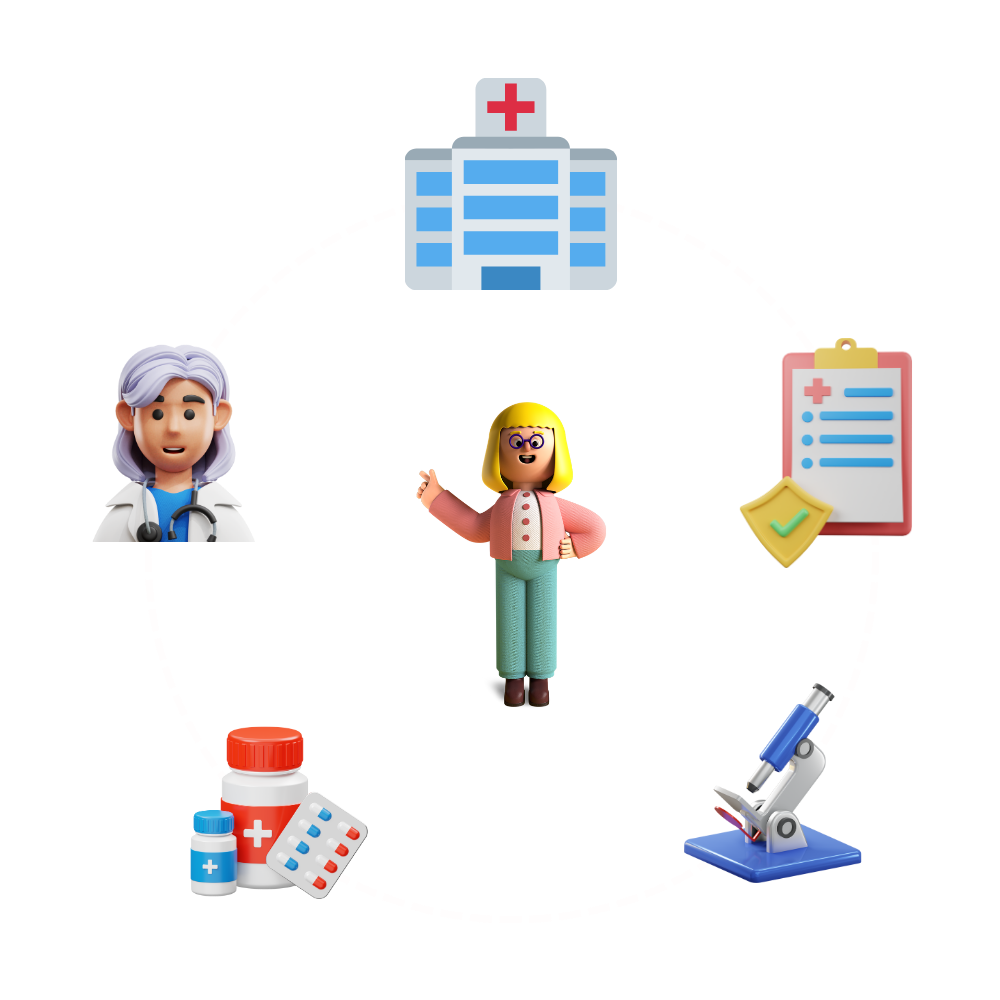The main reason for plastic surgery can vary depending on the individual and the type of surgery they are having.
Reconstructive surgery is performed to correct functional impairments caused by burns, trauma, infections, developmental abnormalities, and diseases. Common reasons for reconstructive surgery include:
- Repairing or reconstructing a body part that has been damaged by injury, infection, or disease
- Improving the function of a body part
- Improving the patient's appearance and self-esteem
On the other hand, cosmetic surgery is performed to reshape normal structures of the body in order to improve the patient's appearance and self-esteem. Common reasons for cosmetic surgery include:
- Improving physical appearance, such as a facelift to reduce the signs of aging
- Enhancing certain features, such as breast augmentation or rhinoplasty
- Improving self-esteem and body image
It's important to keep in mind that plastic surgery is a serious decision and should be carefully considered. It's important to have realistic expectations and to discuss the potential risks and benefits with a qualified plastic surgeon before making a decision.
 Drlogy
Drlogy




